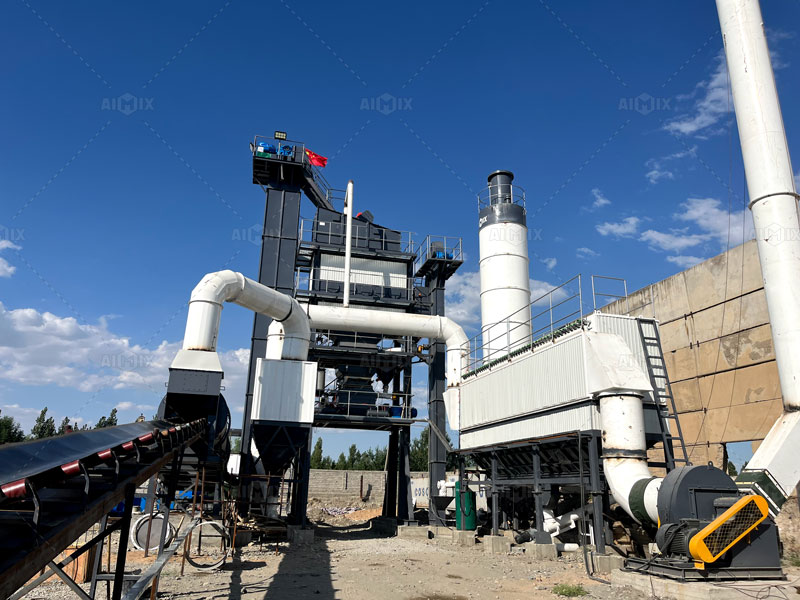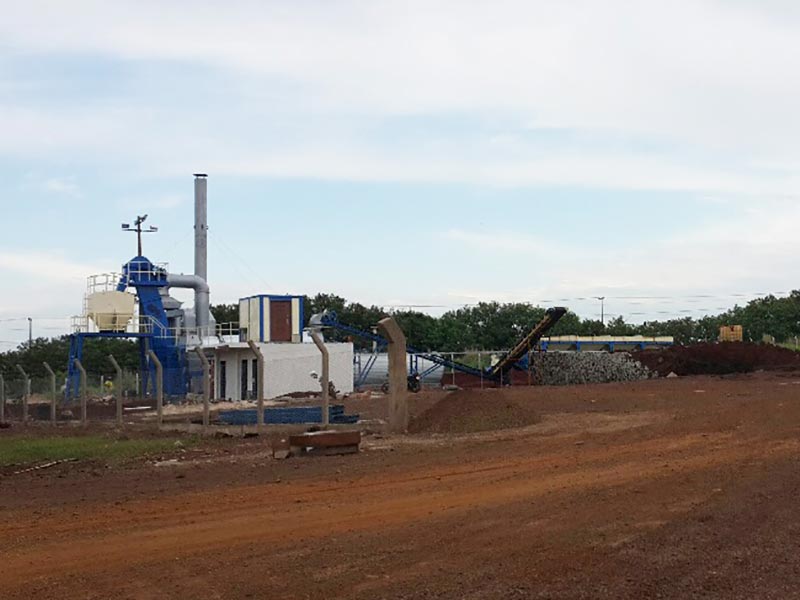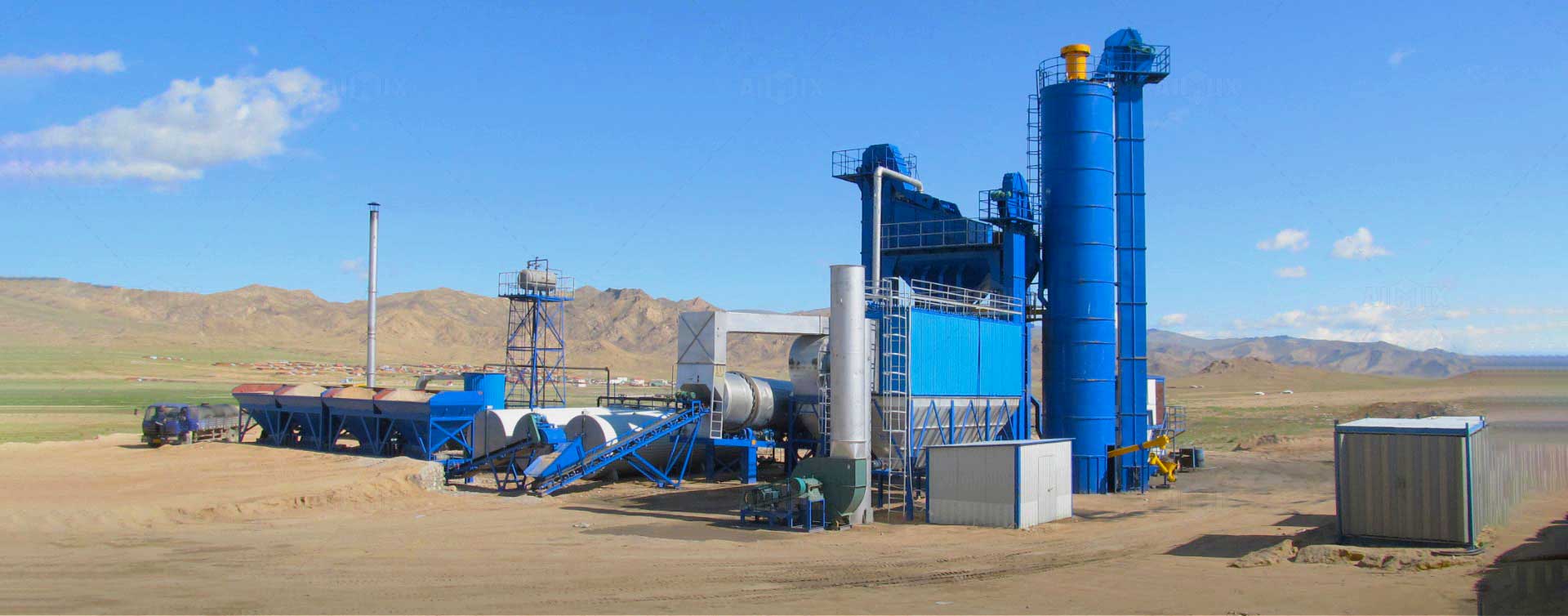Asphalt plants play a vital role in road construction, airport paving, and other infrastructure projects. To achieve high-quality asphalt mix production and maintain profitability, several factors must align. Whether you’re operating a fixed facility or a mobile asphalt plant, understanding the key components that contribute to success can significantly boost efficiency and reduce downtime.
1. Proper Plant Selection Based on Project Needs
Evaluating Production Requirements
Before purchasing or operating an asphalt plant(planta de asfalto), it’s essential to assess your daily production targets. Large-scale highway projects demand high-capacity drum or batch plants, while smaller municipal jobs may only require a compact mobile asphalt plant.
Considering Plant Type
There are mainly two types: batch mix and drum mix asphalt plant. Drum mix plants offer continuous production and are ideal for high-volume output. Batch mix plants allow more flexibility and precision. Choosing the right type improves operational flow and product consistency.

2. Reliable Equipment and Regular Maintenance
Equipment Quality
The success of an asphalt plant starts with high-quality equipment. Components like burners, mixers, dryers, and dust collectors must be durable and efficient. Premium machines minimize breakdowns and ensure smooth operations.
Preventive Maintenance Practices
Routine maintenance is key. Regular inspections, lubrication, and timely replacements of worn parts prevent costly downtime. A maintenance schedule tailored to the drum mix asphalt plant(planta de asfalto continua) type and usage frequency is vital for long-term success.
3. Skilled Operators and Staff Training
Knowledgeable Plant Operators
Experienced operators understand the nuances of asphalt production. They can adjust settings quickly to ensure product quality. Regular training helps operators stay updated with new technologies and safety practices.
Team Coordination
Coordination between the plant team, truck drivers, and site personnel is crucial. Clear communication ensures timely deliveries and avoids production delays or material wastage.
4. Efficient Raw Material Management
Consistent Aggregate Quality
The quality of the final mix depends on raw materials. Using clean, graded aggregates reduces the chances of plant blockages and ensures uniform mixing. Stockpiles should be covered to prevent contamination by dust or moisture.
Reliable Bitumen Supply
A steady and high-quality bitumen supply is just as important. Temperature control and proper storage ensure optimal binding performance in the final product.

5. Automation and Technological Integration
Automated Control Systems
Modern asphalt plants use PLC or SCADA-based systems for automation. These controls enhance accuracy in ingredient measurement, temperature regulation, and mix proportions. Automation also reduces the reliance on manual operations, minimizing errors.
Remote Monitoring and Troubleshooting
Advanced asphalt plants offer remote monitoring features. These allow managers to access real-time data, detect issues early, and make informed decisions, even offsite.
6. Environmental Compliance and Emissions Control
Dust and Fume Management
Regulatory compliance is non-negotiable. Dust collectors, baghouses, and scrubbers reduce emissions. Proper emissions control not only meets legal standards but also protects operator health and community welfare.
Noise and Odor Control
Noise barriers and enclosed mixing chambers help reduce disturbances in urban projects. Odor control systems also contribute to more acceptable plant operations in populated areas.
7. Strategic Location and Site Planning
Minimizing Hauling Distance
Locating the asphalt plant near the construction site reduces fuel costs and delivery time. This is where the mobile asphalt plant(planta asfaltica movil) shows its value—it can be relocated as projects change locations.
Efficient Layout and Traffic Flow
Site design affects productivity. A layout that ensures easy material delivery, mix loading, and truck movement speeds up operations and minimizes delays.
8. Understanding the Asphalt Plant Price and ROI
Initial Investment vs Long-Term Benefits
When evaluating asphalt plant price(planta de asfalto precio), consider both upfront costs and operating expenses. Cheaper units may lack durability or efficiency, leading to higher maintenance or fuel costs.
Cost of Downtime
Unexpected plant shutdowns can cost thousands per day. Investing in quality equipment and maintenance reduces these risks and enhances return on investment over time.
9. Flexibility and Scalability
Handling Multiple Mix Designs
A successful plant should be capable of switching between mix designs to cater to different project specs. This flexibility ensures better client satisfaction and project diversity.
Expandable Infrastructure
Choose plants that allow for future upgrades. Whether it’s increasing storage capacity or adding recycling equipment, scalability supports business growth.
Conclusion
Ensuring the successful operation of an asphalt plant involves much more than turning on the machines. From choosing the right equipment—be it a stationary or mobile asphalt plant—to maintaining it, training your staff, managing resources, and following environmental guidelines, every step matters. Understanding these factors also helps you assess the asphalt plant price more comprehensively and decide whether a drum mix asphalt plant or another configuration fits your project best. With the right strategies, your plant can deliver high performance, quality output, and long-term profitability.
